Universities Should Not Cut Communication With Russia
A group of Universities in Australia, including the Australian National University (ANU), have taken measures to halt all collaboration with fellow research institutions in Russia. This decision to shut down lines of communication, intended as a repudiation of Russia’s invasion of Ukraine, could end up strengthening the effect of the Russian state’s propaganda on its people rather than weakening it.
In fact, the ability of academic institutions to share information could work as a key factor in supporting the widespread anti-war sentiment among Russians.
Numerous faculties at ANU wrote in an open letter that such measures by the higher education institutions can ultimately alienate Russian academics, negatively affecting those “who may be the last remaining voice of reason in the country.” They also expressed concerns that cutting academic ties with Russian scholars will only aid the regime’s propaganda of aggression, possibly being interpreted as another case of western Russophobia.
Who to blame?
While the Russian state media tries to manipulate its citizens by describing the ongoing war as a “special military action” to “liberate” Ukraine, the reality Russian citizens see tells them differently.
Shortage of goods, business suspension by multinational companies, and plummeting dollar-value of savings are just some of the ways Russian citizens are beginning to feel the effects of sanctions. And, as these punitive measures inevitably continue and intensify, the Russian people started to ponder an important question: who to blame?
Will the public opinion in Russia swing towards blaming the West for the economic turmoil and consider them as an enemy? Or, will they point the finger at their own leaders and take action against Putin’s regime? This remains to be seen.
How can we help?
First, we must acknowledge that everyday Russian people should not be equated with their government, for they did not have a say in the regime’s reckless actions. Backward measures such as Representative Eric Swalwell’s “kicking every Russian student out of the United States” are both unfair and ineffective in opposing Putin and his actions. Given the situation that which direct military intervention is off the table, large-scale sanctions remain an important tool in efforts to weaken the rogue state.

We can also play a part in the war on information dissemination regarding the invasion; Russia tries to blindfold its citizens while the West attempts to unfold. Although the Russian state puts great effort to censor external information, modern media and the internet continuously makes it a very difficult task. That being said, it is possible to expose Russian people to what the outside world is witnessing, possibly making them to question the state’s dogma.
There are a few avenues from which Russians can access state-censored information. Twitter, for example, has created a dark web version of its platform to better protect privacy and bypass Russia’s internet censorship. Other media platforms could presumably follow suit in creatively eluding the Russian censorship. A recent surge in Russians’ use of virtual private networks (VPN) demonstrates their urgent need and demand for circumventing the state’s grip on the internet.
At a more grass-root level, individuals could also use the internet to communicate with Russians directly. In the field of academics, for instance, expatriate Russian scholars have already been using their university networks to communicate with and disseminate information to fellow researchers living in Russia.
A fight for Russia’s future
The ordinary citizens of Russia are also suffering, though mostly financially, from this conflict. They should not be viewed as enemies but instead as partners in the effort to bring peace to Ukraine and political change to Russia. This war must be seen not only as a tragedy, but also as an opportunity for Russians to question their leaders and to demand a more open and democratic society for themselves.
We should recognize and acclaim the bravery of Russians — the students and academics who openly criticize and challenge their state’s rogue actions disrupting the world peace and the livelihood of millions. Rather than blaming them as a whole with the ones actually responsible, we should collaborate with the courageous Russians to ensure something positive can emerge from this war.
Read More: New EU Sanctions Affect Russia’s Higher Education







